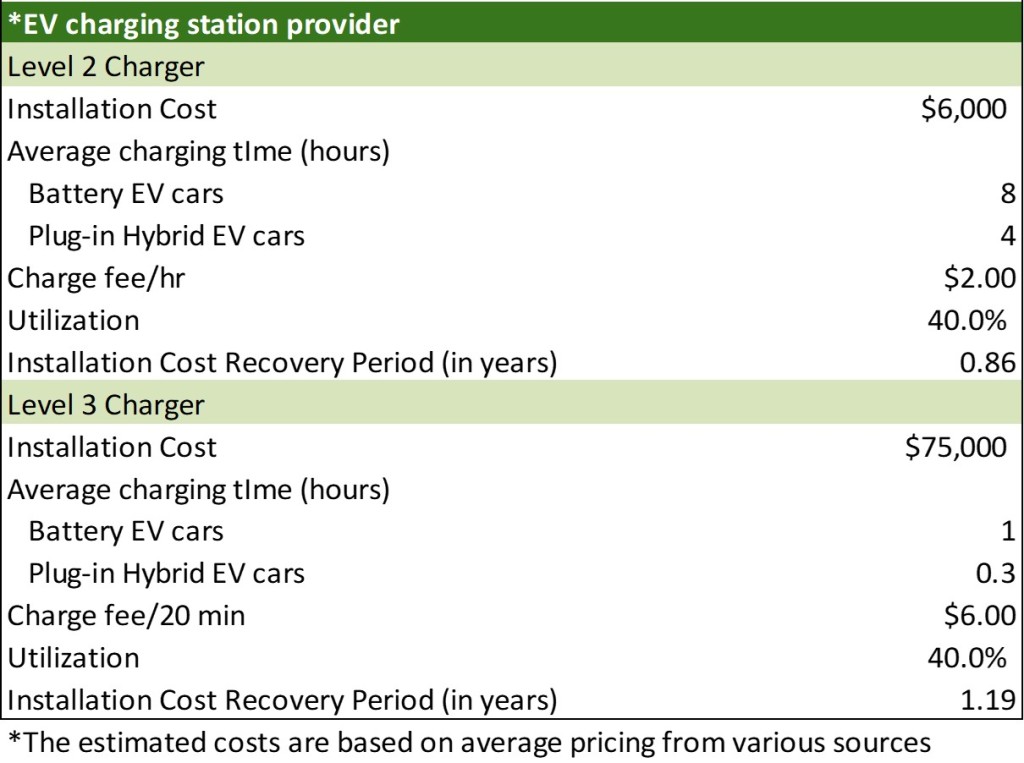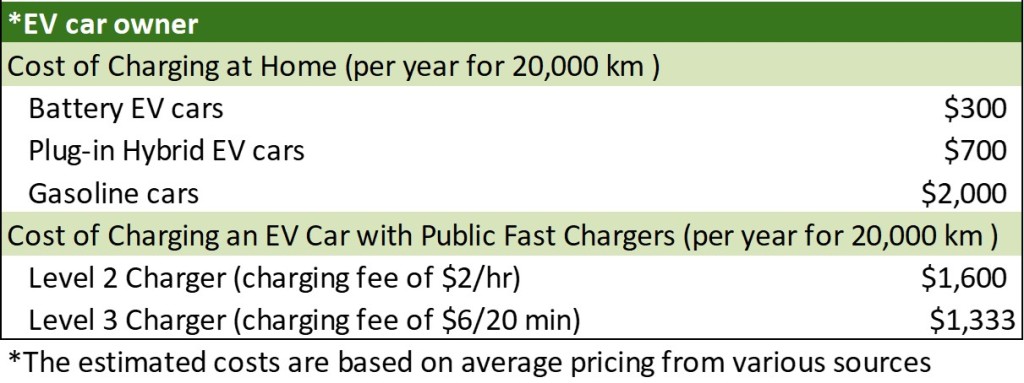
Electric cars and charging stations have become more popular than ever. They are seen at the mall, at movie theatres, at garages and at work. They also present many benefits when compared to conventional petrol/diesel cars.
EV Cars in Canada
With them, consumers can save money on gas and no pollution is emitted into the atmosphere, since EVs are eco-friendly, running with electronically-powered engines. EV cars are also safe to drive. In the event of an accident, airbags open and electricity is cut from the battery, preventing the driver and passengers in the car from getting serious injuries.
They are also cost-effective, as technological advancements have reduced maintenance and tax incentives from the government make them more affordable and accessible. Moreover, these vehicles are much quieter and provide a smooth drive with higher acceleration over long distances.
However, there are still many setbacks in the large-scale adoption of EV cars, due to the infrastructure changes that need to be implemented to accommodate the usage of electric cars, especially in a vast country with large regions of low population density, such as Canada. Recharging points are still under development, and not a lot of places have them. Electricity is not free, either; if options are not considered carefully, utilities could provide consumers with an expensive electricity bill.
In addition, it takes a longer time to fully recharge electric cars than it takes to fill a tank of gas – ranging from 1 to 12 hours, depending on the car and the type of charging station used. Many EV car owners charge their cars at home—approximately 80% in Canada. For the remaining 20%, there is a ratio of 1 public fast charging station to 7 electric cars. Currently, most charging stations are concentrated in large cities, but that still makes it quite difficult for the average consumer to charge their car.

Cost of Charging Car at Home vs Public
In terms of cost to the consumer, the electricity bill for an EV car owner charging at home can be quite low. However, charging your EV car at public charging stations can quickly double or triple your bill as shown in the table below, without even considering the cost of parking in the city to get access to some of the public chargers.
Canada EV Car Infrastructure
The infrastructure for EV cars is steadily growing in Canada, with many efforts from both the public and private sector, but the charging providers do not necessarily have an easy job, because in many cases it could take over a year to recover even their initial installation cost, and this does not even include the on-going costs for maintenance and utilities.
In Toronto and other major Canadian cities, many of the current EV car owners charge their vehicles at home. Some condos started introducing charging stations, but for the most part charging an EV car on condo premises is not a possibility for condo dwellers. That’s where some intervention from the government becomes quite important in developing the proper infrastructure, maybe through a Public-Private partnership with the many companies that are currently trying to provide charging services in this space.

Sources:
Why electric charging infrastructure will prove crucial to the future of driving by CNBC. https://www.cnbc.com/2018/03/02/why-electric-charging-infrastructure-will-prove-crucial-to-the-future-of-driving.html
What is an Electric Car? By Conserve Energy Future. https://www.conserve-energy-future.com/advantages-and-disadvantages-of-electric-cars.php
Toronto discourages electric car use by denying on-street chargers, driver says by CBC. https://www.cbc.ca/news/canada/toronto/electric-vehicles-blocked-1.4368014
Charging electric vehicles – About EV Charging, by Ontario Ministry of Transportation. https://www.mto.gov.on.ca/english/vehicles/electric/charging-electric-vehicle.shtml
Ontario led electric car sales in 2017 by Toronto Sun. https://torontosun.com/news/provincial/ontario-led-electric-car-sales-in-2017





